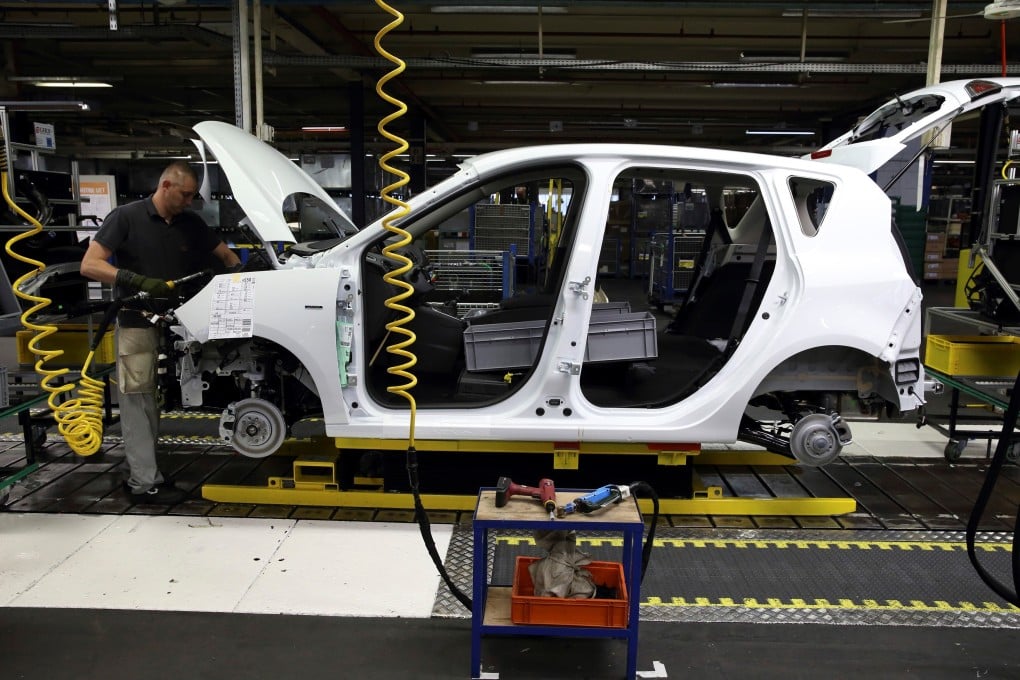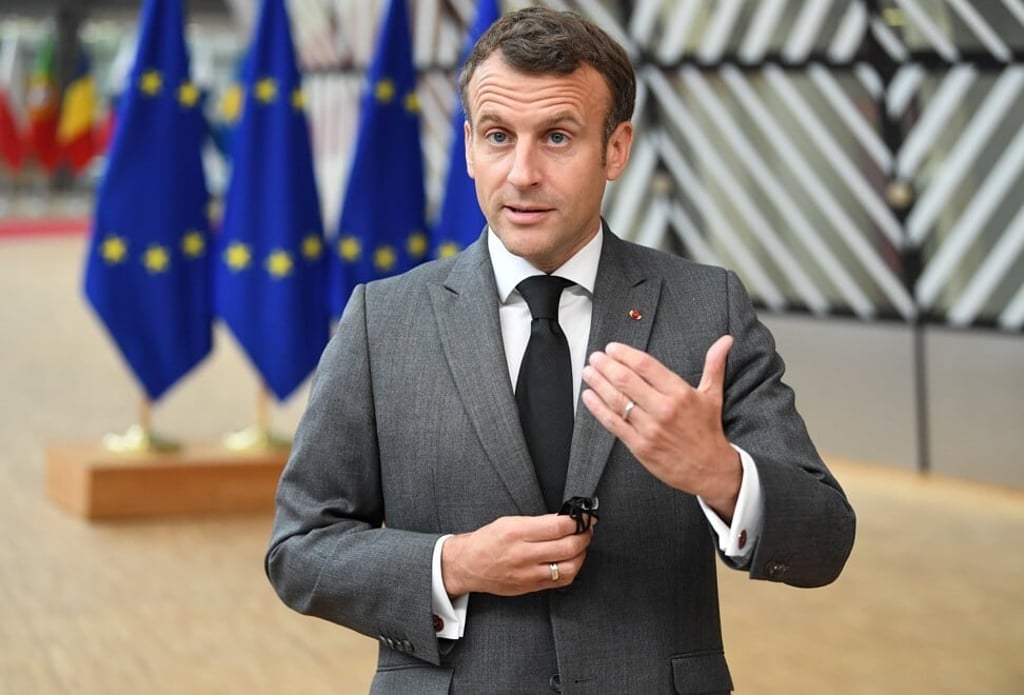China’s Envision Group to build US$2.4 billion battery plant for Renault in France
- French President Emmanuel Macron is expected to unveil the agreements on Monday at Renault’s assembly plant in Douai
- Envision’s plans for the Douai site could also go beyond Renault, said the greentech company’s CEO Lei Zhang

China’s Envision Group plans to spend as much as €2 billion (US$2.4 billion) on a battery plant in northern France to power an affordable range of Renault SA electric vehicles.
The deal is part of the European carmaker’s EV strategy that will also see it acquire a stake of slightly more than 20 per cent in a year-old French start-up called Verkor for higher-performance power packs destined for larger and premium models, according to a Renault statement.
French President Emmanuel Macron is expected to unveil the agreements on Monday at Renault’s assembly plant in Douai, where the Envision battery plant – the first in Europe for the company that also makes wind turbines – will be located.
Ahead of a national election next year, Macron is seeking to reap political advantage from the prospect that some 4,500 jobs could be created by 2030 at the EV hub situated in a region that has long suffered from industrial decline.
Renault is the latest among European carmakers to map out a battery plan in recent months, a sign that competition to ensure adequate supply for their electric cars is heating up. Porsche and Volvo Car Group last week announced plans to produce power packs, while Peugeot maker Stellantis NV will update investors on its EV strategy July 8. Volkswagen AG in March unveiled a multibillion-euro plan for six European battery factories.
